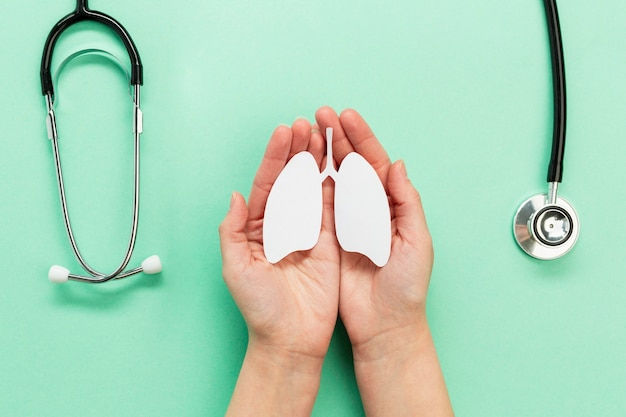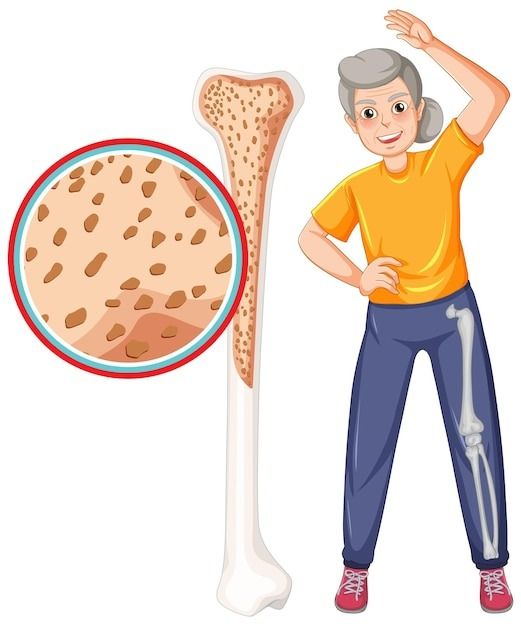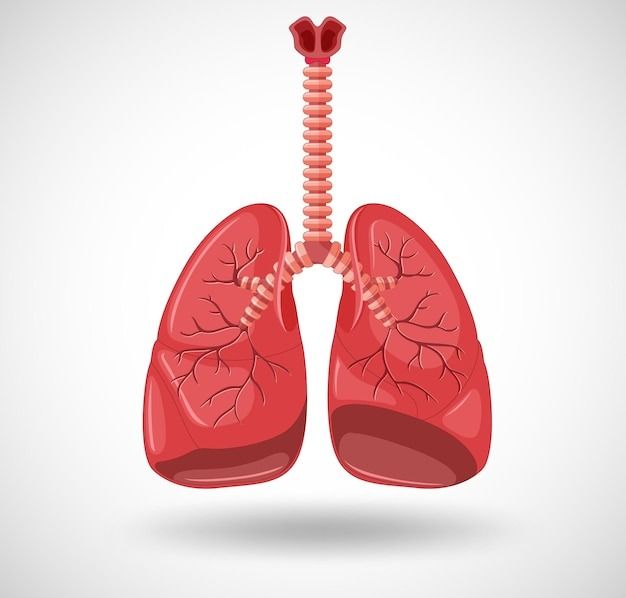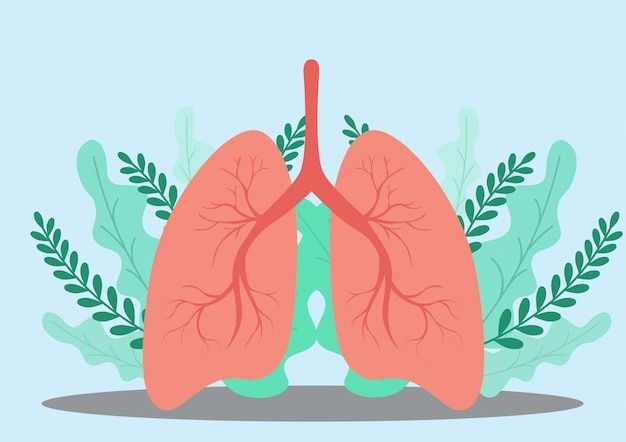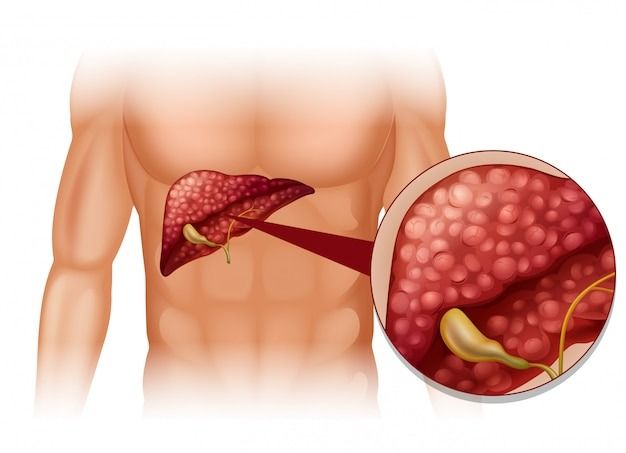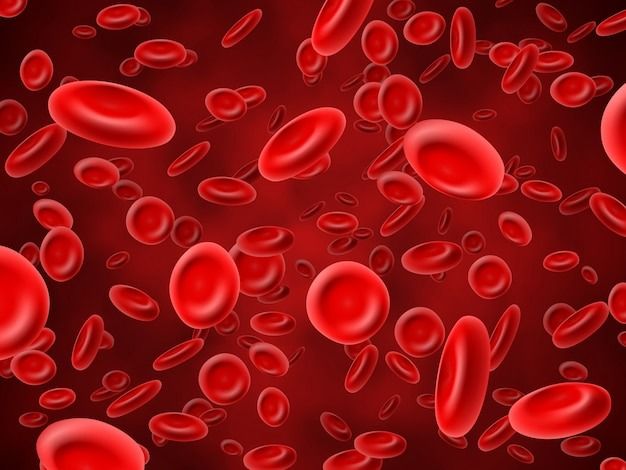
How does bone marrow transplant cure sickle cell disease?
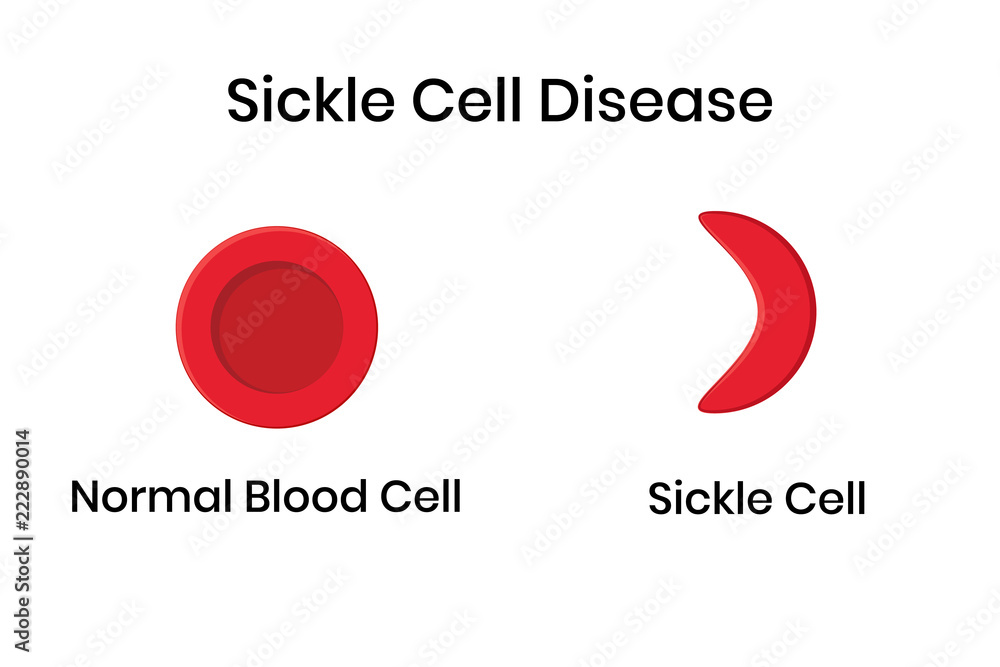
Bone marrow is a sponge like tissue found in the bones. Its function is to produce all the blood cells in our body. The stem cells in the bone marrow produce red blood cells, platelets and white blood cells.
Individuals who have sickle cell disease have bone marrows that produce abnormal red blood cells. These red blood cells contain faulty sickle hemoglobin.
To make room for healthy stem cells, individuals with sickle cell disease undergo chemotherapy. Bone marrow transplant for sickle cell eliminates their own unhealthy bone marrow.
Now healthy bone marrow from the donor can be infused in the bloodstream, in a way similar to blood transfusion.
The new stem cells take several weeks to grow and develop after injection.
During this time the individual stays in the hospital for two to three weeks until the new stem cells establish in the bone marrow.
Success rates are crucial to decide about any treatment options! Read about the success rates below!
Success Rate of Bone Marrow Transplant in Sickle Cell

Recent research has shown that there is more than 80% of survival rate in certain patients of bone marrow transplant for sickle cell. This success rate has been seen in patients who have received bone marrow from a matched sibling.
However, it is unfortunate that the same success rate cannot be seen in patients who do not have a matched sibling of their own who matches their tissue type.
you can also visit our blog 60 days after bone marrow transplant.
According to nchc.org
The bone marrow transplant, like several other transplants, carries several
risks and potential complications. Some of these may include infections,
bleeding, and rejection of the transplant. The overall impact of the
transplant differs a lot from one person to another, depending on how well
the new organ is accepted by the recipient’s body.
Your well-being is our priority - call us to book your appointment today
How do doctors determine if a patient with sickle cell disease is a good candidate for bone marrow transplant?

The decision whether the sickle cell patient should get a bone marrow transplant is based on the evaluation done by the doctor.
If you or anyone one you know is a sickle cell patient, then you should know what factors make the doctor recommend you a bone marrow transplant.
The doctors may recommend a transplant based on the following factors:
- Experiencing more than three severe pain crises within a two-year period.
- Having a stroke or silent stroke.
- Suffering from acute chest syndrome two or more times within the past two years.
- Requiring eight or more red blood cell transfusions annually.
- Being diagnosed with pulmonary hypertension.
- Dealing with chronic pain lasting longer than six months.
- Having ultrasounds indicating a high risk of stroke.
Read further, to understand and unveil the potential risks with bone marrow transplants!
Are there any risks or complications associated with bone marrow transplant for sickle cell disease?

Similar to any transplant procedure, a bone marrow transplant has some risks associated as well. The potential complications and risks include:
- Rejection- There are chances that the body’s immune system reacts against the newly transplanted cells. This leads to graft versus host disease. This occurs in everyone out of ten cases. Medications can be used to manage and prevent GVHD. However, in many cases it turns out to be fatal for organs.
- Infection- The immune system gets weak due to pre-transplant treatments. This makes the patients more susceptible to infections. Medications can help to prevent viral or bacterial infections.
- Nutritional issues- Chemotherapy done before the transplant causes appetite loss. Also, there can be issues like diarrhea or vomiting.
- Veno occlusive disease- There are cases where the blood vessels get damaged. This is referred to as veno-occlusive disease. This condition can cause severe harm to one out of twenty individuals undergoing the transplant.
- Infertility- The drugs taken before bone marrow transplant for a sickle cell can cause infertility. As a result,t many individuals are not able to conceive after having the transplant.
Although you should keep in mind that medical advancements in the field have reduced the chances of risks. The facilities are now equipped to prevent and manage risks effectively.
Take charge of your health and your life. Contact us today!
Embrace your aftercare journey! Read below to learn about essential aftercare tips!
What kind of aftercare is needed for patients who undergo bone marrow transplants for sickle cell disease?

Once the donor bone marrow is infused into the blood, blood cell count begins to rise. The immune system gradually strengthens.
Depending on the type of transplant you may be allowed to get outpatient treatment. Or in some cases you may need to stay at the hospital for long.
Patients who undergo bone marrow transplant for sickle cell need to take care. It is because they are at an increased risk of infections.
You need to be vigilant about signs and symptoms of infections. Take the following measures so as to be aware of your condition and understand when you might need to go to the doctor:
- Check your body temperature frequently(temperature greater than 100.4°F or 38°C needs medical attention)
- Look out for pains and chills. Take antibiotics if necessary.
- Try to maintain a healthy lifestyle after the transplant.
- Include a variety of nutritious food items in your diet. vegetables, fruits, whole grains, lean meats, poultry, fish, legumes, and healthy fats like olive oil.
- Limit your intake of salt.
- Restrict or avoid alcohol consumption.
- Refrain from consuming grapefruit or grapefruit juice. They interact with immunosuppressive medications and can cause harm.
Furthermore, taking preventive measures against cancer becomes even more crucial after a transplant.
Here are some steps that you can follow to prevent any kind of cancer:
- Avoid smoking or any tobacco use.
- Protect your skin by wearing sunscreen when outdoors.
- Ensure you undergo recommended cancer screenings as advised by your healthcare provider.
How long does it take for a patient to recover from bone marrow transplant for sickle cell disease?

Your immune system will gradually start to recover approximately two weeks after the transplant. The initial few weeks after the transplant are very critical. During this period there is high risk of infections. But even after that period, you will still be somewhat susceptible to infections, for at least a year or more. Hence the recovery can take six to twelve months or possibly longer than that.
Are there any alternative treatments for sickle cell disease, and how do they compare to bone marrow transplants?

Bone marrow transplant for sickle cell is the only known cure for sickle cell disorder. There are no other alternative treatment options for this.
The transplant procedure however has many complications associated with it. Still it remains a valuable option for patients seeking a potential cure for this debilitating condition.
How does bone marrow transplant impact a patient's quality of life?

A comprehensive study conducted across the country, published in JAMA Oncology revealed significant findings regarding the quality of life. The study demonstrated that patients who received bone marrow transplant from a related donor reported better psychological well-being. They also experience fewer symptoms of graft vs host disease. These people have higher chances of returning to work sooner compared to those who received transplants using cells collected from the donor's bloodstream.
Your health is too important to ignore – schedule your appointment now.
Here is the ray of hope for our young warriors!!
Can bone marrow transplant be done in children with sickle cell disease, and what are the potential long-term effects?

Yes, bone marrow transplant for sickle celltransplants can be performed on children also. The transplant depends on the availability of a suitable donor.
At present, for sickle cell disease, only full siblings whose bone marrow closely matches the recipient's are eligible to donate stem cells for transplantation.
Long-term effects of bone marrow transplant in children with sickle cell disease vary. However, common considerations include graft-versus-host disease (GVHD), immunosuppression, potential impact on fertility, and psychological/emotional effects. Quality of life post-transplant can differ among individuals. Some experience improvements and others face ongoing medical concerns and need further treatment.
FAQs

Q1. Is bone marrow transplant covered by insurance for sickle cell patients?
Ans. Coverage for bone marrow transplant can vary depending on the insurance provider and policy. It is important to check with the insurance company to determine coverage options.
Q2. Can a patient receive bone marrow from a donor who is not a sibling?
Ans. Yes, bone marrow can be donated by someone who is not a sibling. However, finding a suitable match can be more challenging and may require a national donor registry search.
Q3. What is the recovery process like for bone marrow donors?
Ans. Bone marrow donation typically involves a minor surgical procedure and recovery time is usually short, with most donors able to return to their normal activities within a few days.
Q4. How long does it take to find a suitable bone marrow donor for a sickle cell patient?
Ans. The time it takes to find a suitable bone marrow donor can vary depending on factors such as the patient's ethnicity and the availability of potential donors in the national registry.
Q5. Are there any psychological or emotional effects associated with bone marrow transplant for sickle cell disease?
Ans. Bone marrow transplant can be a stressful and emotionally challenging experience for patients and their families. Psychological support and counseling services are often available to help with coping and adjustment.
Q6. Can a patient with sickle cell disease undergo bone marrow transplant more than once?
Ans. While it is possible for a patient to undergo bone marrow transplant more than once, it is generally not recommended due to the increased risk of complications.
Q7. How does bone marrow transplant impact fertility in patients with sickle cell disease?
Ans. Bone marrow transplant can impact fertility in both male and female patients, but the degree of impact can vary. Patients should discuss fertility preservation options with their healthcare team before undergoing the procedure.
Q8. What is the cost of bone marrow transplant for sickle cell disease, and are there financial assistance programs available?
Ans. The cost of bone marrow transplant can be significant, and there are financial assistance programs available to help with the cost. Patients should speak with their healthcare team and insurance provider to explore available options.
Reference-
https://www.ncbi.nlm.nih.gov/books/NBK538515/
https://www.webmd.com/a-to-z-guides/bone-marrow-transplant-sickle-cell
https://myhealth.alberta.ca/Health/Pages/conditions.aspx?hwid=hw254074


